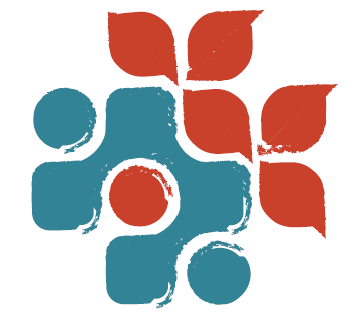Movement and Menopause
As a woman, once you get to a certain age, perimenopause and menopause start to take up lot of real estate in your mind. Things are ‘a changing and seeing friends and relatives suffer with hot flashes, mood swings, weight gain and a host of other nightmarish symptoms, you start to wonder what’s in store for me when it’s my turn? Am I powerless to this hell? Do I have to suffer in silence like so many women before me? Luckily women are speaking up about their symptoms and seeking help these days like never before and physicians are starting to listen. The research shows that there are a few things that can make a huge difference to menopause symptoms. Dr. Mary Clare Haver, MD, an OB-GYN who has dedicated her work to helping women thrive in menopause uses something called the Menopause ToolKit. Click here to read all about it.
The tool kit lists five things that can help women with menopausal symptoms and second on her list is strength training. Strength training, also known as weight training or resistance training, increases muscle strength and endurance. When you think of strength training perhaps you imagine someone bench pressing or doing dead lifts at the gym? Maybe you also think… no thank you? You’re not alone! Rest assured those aren’t your only options. ANY type of resistance will do, including body weight resistance and you guessed it, Pilates 😊
Even without menopause on the horizon, there are many benefits to strength training
It can improve your overall strength and flexibility which decreases your risk for injury, it can improve brain health and heart health, help manage blood sugar levels, decrease abdominal fat and especially important for women, it promotes bone health. As we go through menopause and hormone levels drop, we are at higher risk of Osteoporosis. Resistance training (and cardiovascular exercise like walking and running) put load on bones that promote bone growth and mineral density. Most inactive adults lose between five and seven pounds of muscle every decade after the age of 30. Muscle is metabolically active tissue that requires energy; the more you have, the more you burn. Maintaining a consistent strength training program can help offset the loss of muscle as you age and help alleviate some menopausal symptoms. The general consensus is 180 minutes a week (3 hours), but as little as one to two hours a week can make a huge difference as well.
The science is clear, a regular strength training program is important any time in life, but especially as we age and especially for women. CoreWorks can help you build a sustainable strength training program in a fun environment with a personalized Pilates program in a private or semi-private class. If you’d like to book a free consultation to learn more about our studio, click here.
